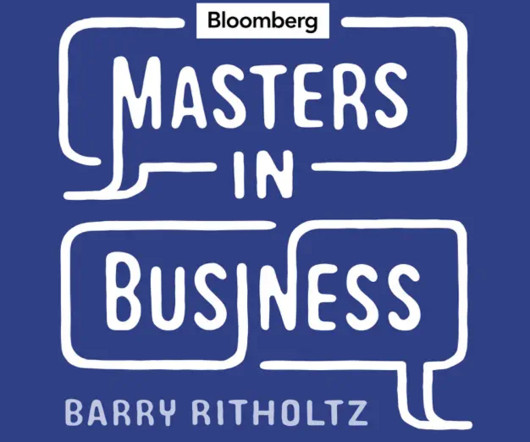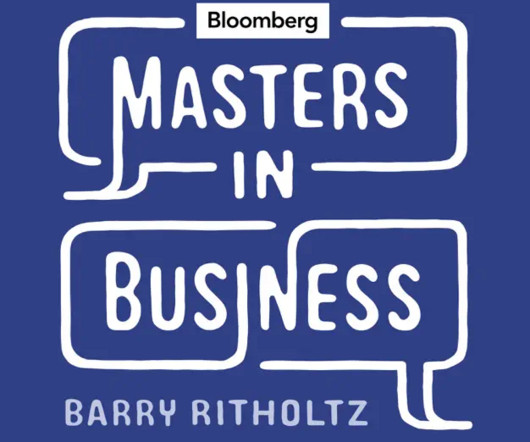Transcript: Graeme Forster, Orbis Investments
Barry Ritholtz
OCTOBER 17, 2023
A degree in mathematics from Oxford, a doctorate in mathematical epidemiology and economics from Cambridge. So I, I did a math degree at Oxford, which is more pure math. You know, pure math can be very theoretical and detached from the real world, and it’s getting worse. What is that? The second is excess returns.













Let's personalize your content